Music was my first love. Forged by my own father and his own deep love for music, and so it seems these things tend often to travel along familial lines.
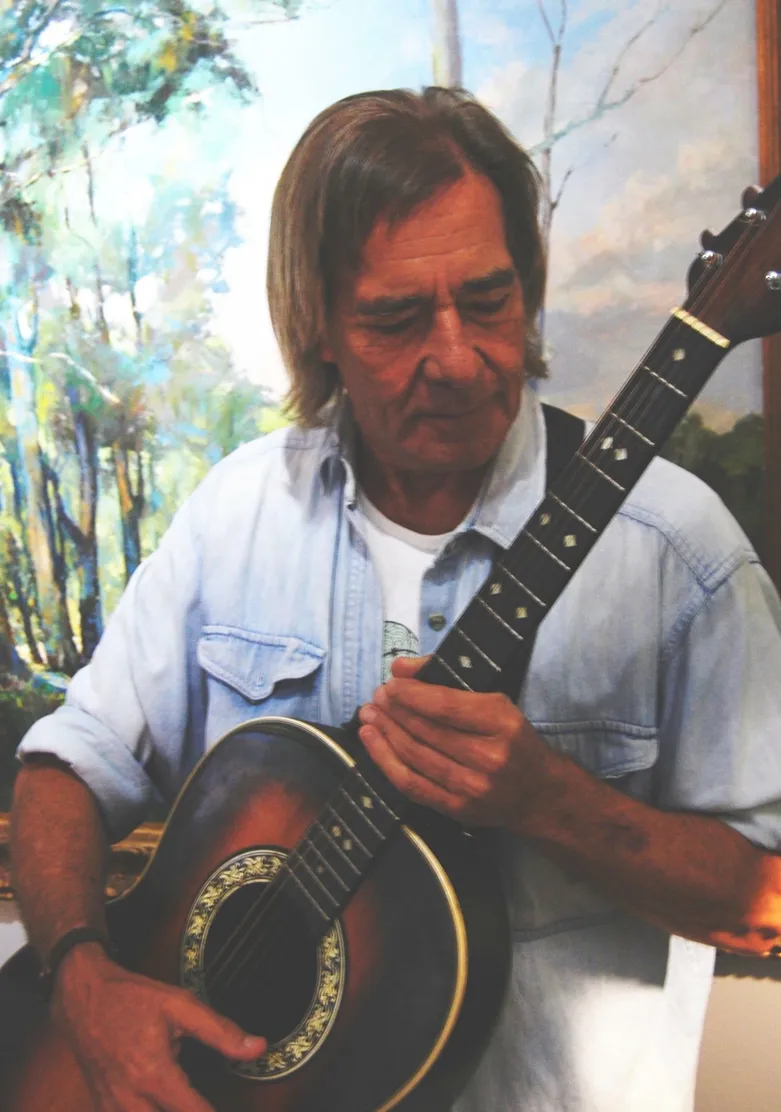
My father was born in a small mining town in middle South Africa just after WWII in 1946. His father was of English descent, and was now a manager on the mines after serving as an ambulance driver in the great war. Dad's mother was of Boer South African stock, and she played piano and likely provided the musical genes for the forthcoming generations.
Dad began making music in the early 1960’s while at boarding school in Pretoria, having taught himself guitar after being inspired and mesmerized by the phenomena known as Beatlemania. By the time he left school he was writing songs and performing at the local hot spots.
In 1967 he struck up a folk duo with his younger brother Colin as The Hinds Brothers which quickly garnered the attention of local journalists and labels. The Hinds Brothers went on to perform at the 1971 Folk-Fest alongside fellow South African folk artists Johnny Clegg, Des & Dawn, Mike Dickman, Brian Finch, Edi Niederlander, Johnathan Taylor, Dave Marks and Mel Miller.
A quote from the paper at the time read: "Their singing and guitar accompaniment, which forms a perfect harmony and is a delight to listen to and watch (Colin plays the tambourine with his foot, as well as singing and playing guitar at the same time)... their individualistic style, coupled with their stage personality and originality in song composition has already created a great appeal for them and has made them extremely popular".
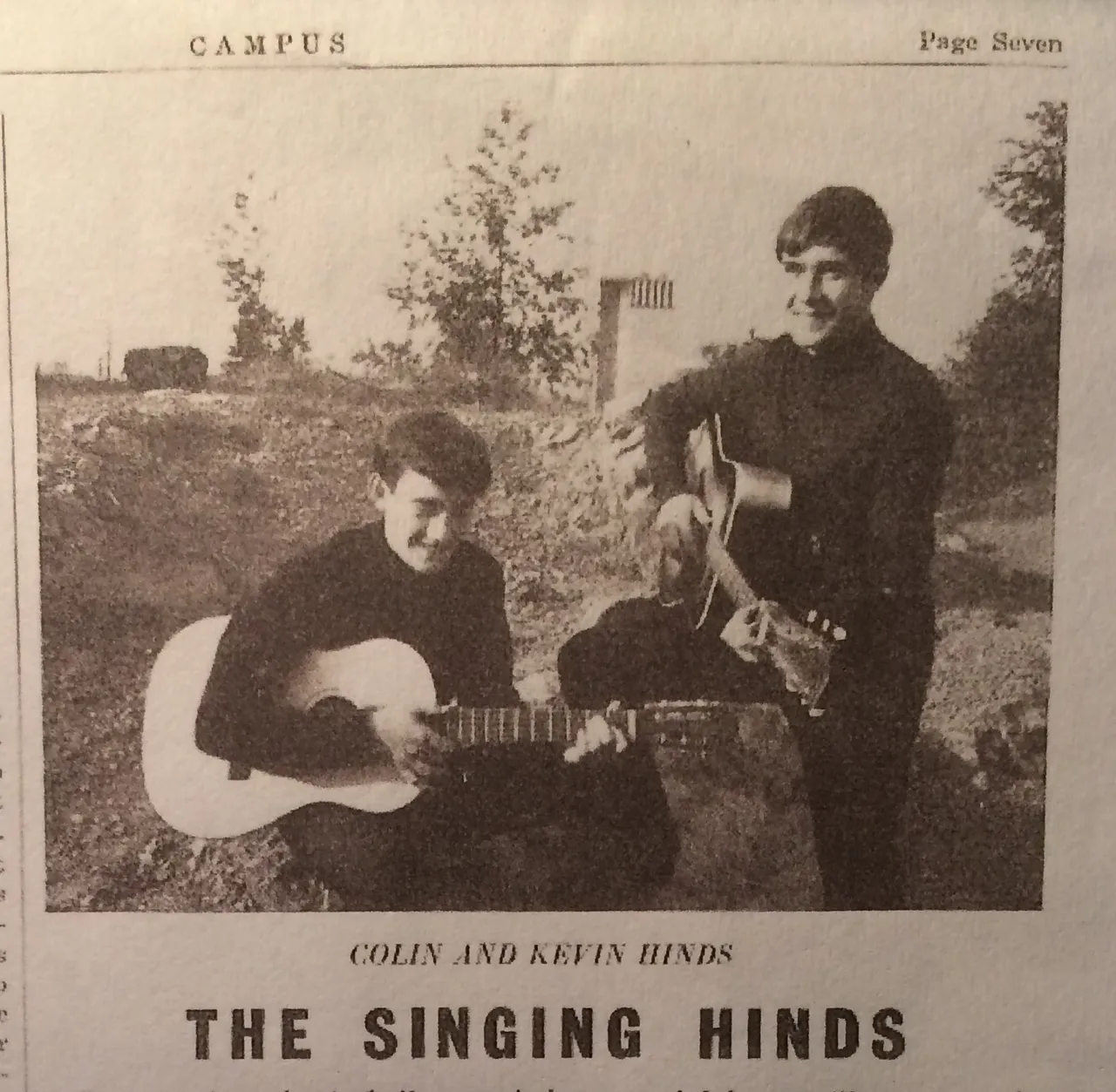
The way the story unfolded, as I heard it from my uncle, is that they were actually approached by a major label with a deal, but for some reason or other dad declined the deal outright, saying they would get something better. This was too much for my uncle to tolerate and sadly the brothers went their separate ways. Dad soon found himself following in his fathers footsteps when he accepted a job working as a foreman on the mines, but he continued performing at social events and travelling regularly to perform at venues in Johannesburg and the surrounds.
He soon caught the ear of well known South African Songwriter Dave Marks (famous for having written the worldwide hit, 'Master Jack'), who at that time was working closely with CBS Records having recently returned from the USA where he worked as a sound engineer at the famous Woodstock of ‘69. He gave CBS Record Company a strong recommendation to sign the young Kevin, which they very quickly did based on his strong songwriting ability and smooth clear vocal style.
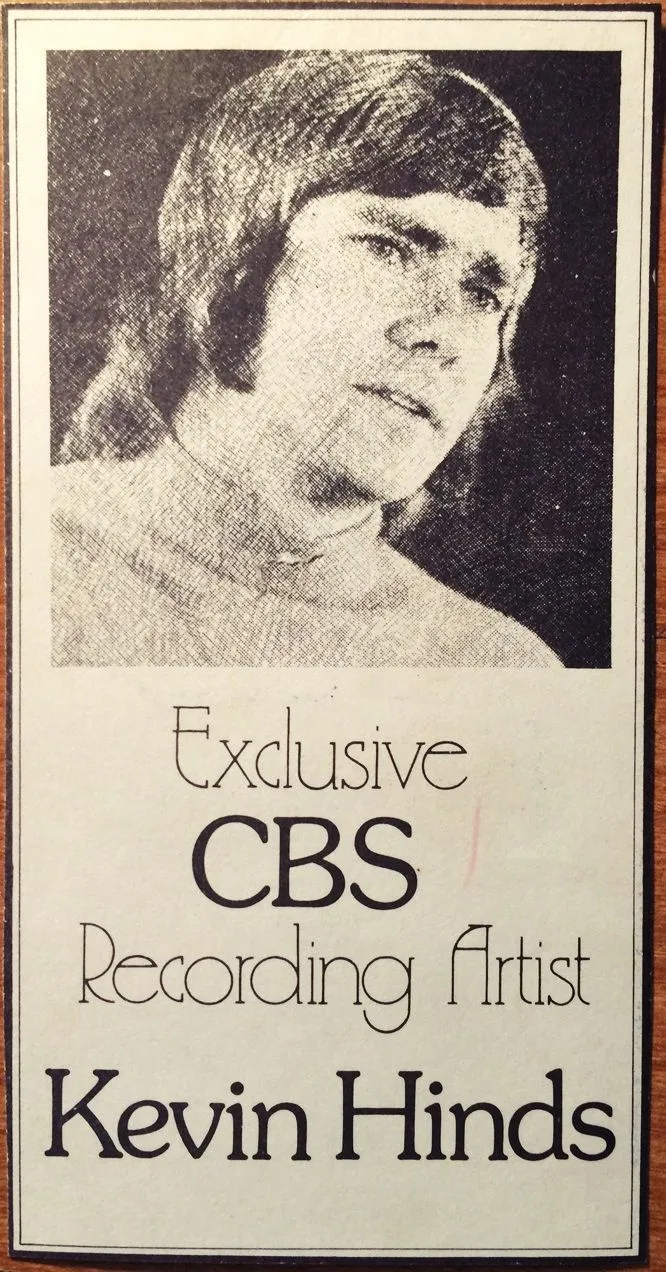
Dad’s time at CBS started auspiciously - with his first seven single, "You Don't Have to be Lonely" (A side) /"Something Beautiful" (B side) released in 1972. It was produced by none other than a very young Robert John “Mutt” Lange, now a world famous producer living a reclusive life in Switzerland, who has since earned the reputation of being, according to AllMusic.com, the “quintessential arena rock producer”. Long before going on to attain that godlike status and working with international chart toppers like AC/DC, Boomtown Rats, Foreigner, Bryan Adams, Def Leppard, The Corrs and Shania Twain, the great Mutt Lange produced me ol' dads first single in the EMI studios of Johannesburg.
That single was "You Don't Have to be Lonely", but unfortunately CBS cut the recording budget mid-production, which forced Lange to replicate the first half of the song to complete the track. Both my father and Mutt Lange were highly put out by this, and this incident actually ended up being the straw that broke the camels back so to speak for Lange in South Africa. He soon decided to leave South Africa for good (thereby creating his good future fortune). Nevertheless, "You Don't Have to Be Lonely" managed to reach No.5 on the South African hit parade.
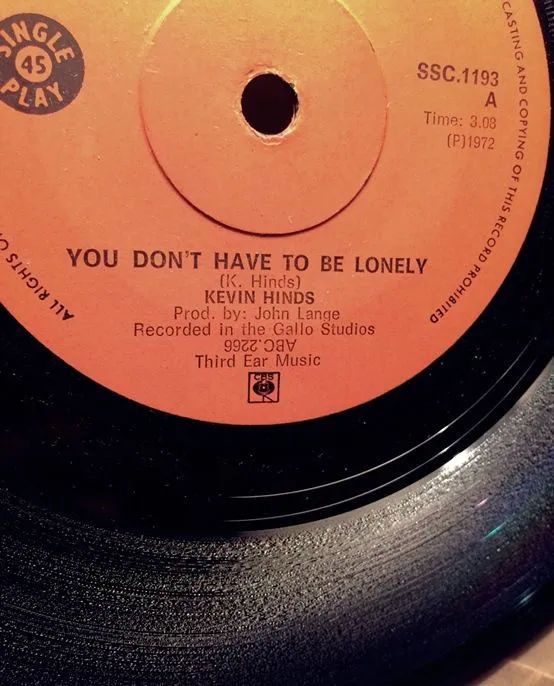
Stranded without a producer, it was a full two years before my dad was teamed up with another upcoming great, Graham Beggs. Beggs produced what was to become dads best known song, "Love It". Recorded live with the Johannesburg Philharmonic Orchestra, "Love It" realized its beautiful potential, with a full and majestic production. Dad's strong clear voice shone through with close Beatlesque harmonies, a wonderful rhythm section perfectly complemented the song and the swirling and emotive orchestra brings tears to my eyes. On release in 1974, "Love It" quickly reached No.2 on the local charts and it looked for all money that dad was destined for great things.
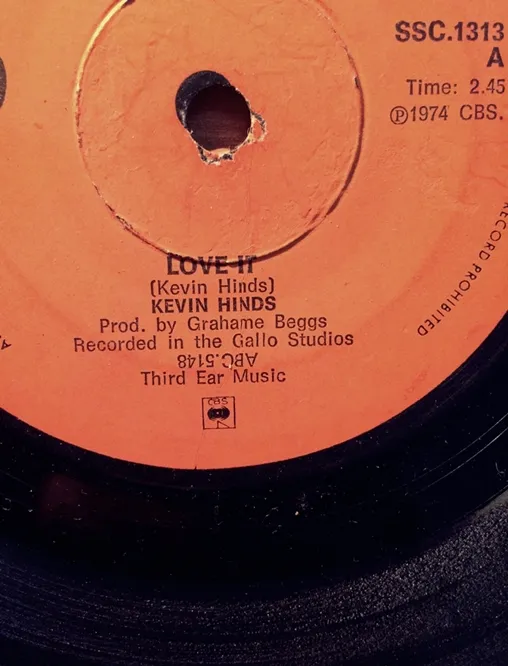
Three more singles followed, but sadly, due to international sanctions against South Africa at that time, EMI were forced to shut their doors and release their original recording artists from their contracts. There was also a great fire that burnt the EMI warehouse to the ground, and so destroyed their complete archives of master tapes. After this dramatic turn, my father was forced to hit the road to make a living with his beloved music...